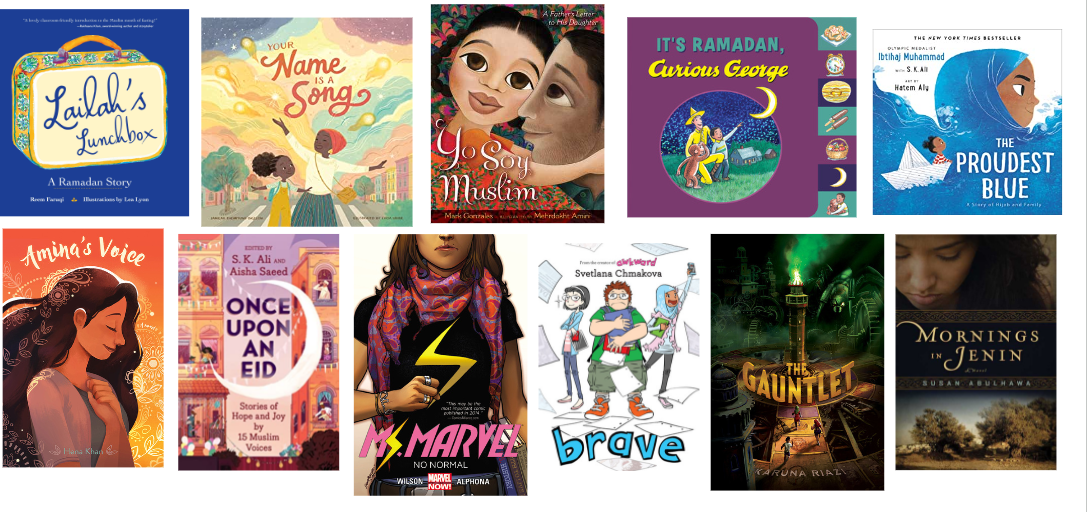
Workshops Offered
The following workshops were developed by the Teaching While Muslim team to address the various issues of the intersectional identities of Muslim-Americans. If you are interested in including these workshops in your conference or professional development, please contact us. If you are looking for us to provide alternative services, we will do our best to ensure that the needs of your school or organization are met.
1. Curriculum Consultation
One of the most important ways a school district can be actively anti-Islamophobic is by editing curricula to incorporate the stories, narratives, and the existence of Muslims. This can be done in every single discipline. As it stands, most students are only taught about Muslims in their Ancient History classes and then Muslims might be mentioned again in their US History classes, but it is often in the context of 9/11. This associates Muslims with “backwardness” as well as “terrorism” and significantly contributes to the Islamophobia that is prevalent in public schools. We offer this workshop that will work directly with the curricula that already exist in your district to find places that Muslims could be more visible in the K-12 public school system. This workshop can be offered to supervisors or teachers, depending on the needs of the district.
2. The Muslim-American Experience: Addressing Implicit Bias and Exclusion
There are many misconceptions about Islam that lead to negative experiences for Muslim students and teachers alike. In the current political climate, being informed about our own biases- both explicit and implicit- and combatting our misconceptions is part of the responsibility of being an educator. Students of color constantly suffer at the hands of ignorant educators. Muslim students have been bullied by their peers and their teachers. In this workshop, we will address the basics of Islam that are necessary for one to understand that it is not a monolith. We will also address types of implicit and explicit discrimination and racism against Muslims using specific examples and ways to address these situations. Lastly, we would like to describe and discuss how we can create safe and inclusive spaces in schools for Muslim students and educators alike.
3. Supporting Refugee Students
Teachers attending this workshop will gain strategies for supporting students who have interruptions in schooling and are coping with post-traumatic stress disorder as refugees and unaccompanied minors. Topics covered include: understanding the refugee crisis, assessing the challenges and strengths of students’ experiences, and discussing how to engage homelife of refugee students and unaccompanied minors to advance their visibility and voices in schools.
4. Islamophobia in Schools
“Islamophobia” is not a new concept, but it is certainly being used more often in mainstream media and spaces. This workshop will discuss what Islamophobia is, why its’ existence is dangerous, not only for Muslims, but also for everyone else, and how Islamophobia is perpetuated in schools. We will address how administrators, teachers, and students often times perpetuate islamophobic ideals but also how administrators, teachers, and students can tackle Islamophobic tendencies in schools.
5. Arab-American Identity
The purpose of this workshop is to address the “other-ness” and politicization that surrounds Arab-American identity and how that experience can manifest in the classroom. While Arab-American students are expected to learn how to navigate two worlds, they also face invisibility in the nuances of their experiences. To address this we will discuss the origins of orientalism as a political ideology that compartmentalizes the experiences of Arabs into stereotypes and how these generalizations have been taken advantage of into the present, both politically and socially. Using this framework, teachers will develop strategies to examine these issues intersectionally in a way that accounts for the complicated identities of their students while also detailing the issues of islamophobia in the United States today.
6. Teacher Etiquette with Muslim students
The purpose of this workshop is to teach and train educators on how to interact with their Muslim students and colleagues. School should be a place where all people feel safe from bullying and negative interactions result from conscious or unconscious biases. The workshop will first have educators explore the biases they have about Islam or those who practice. They will then have a chance to discuss how the media may have a large role in influencing their point of view on the faith. There will be clear examples of how the media portrays Muslims (e.g adjectives, difference in portrayal of a white terrorist vs. a brown terrorist) and discuss how this can negatively impact a teacher’s view on a student. The workshop will also cover finding solutions on how to address these biases. Teachers will read a variety of scenarios and write down how they would approach the situation. The scenarios will include situations of bullying, how to appropriately ask Muslim students or colleagues questions about their faith or anything dealing with Islam, how to react when a student says an offensive comment out of ignorance during class, as well as other hypothetical situations.
7. Public School Outreach to Muslim Communities
The strength of our public school systems relies on a tight knit collective which embraces different ethnic and religious groups within a district. Creating outreach plans to initiate an inclusive learning experience is important to the diversity and education of children and teachers alike. This workshop will include the “how tos” of incorporating Muslim experiences in discussions and about religion, history as well as participation in assemblies and projects that take shape as extensions of curriculum or lesson plans. It will also focus on bringing in Muslim parents or families to take part in enhancing the classroom as active participants during Muslim holidays, ethnic celebrations, and real life examples of Muslims to counter the stereotypical Muslims represented in textbooks, literature, films, and mainstream media.
8. Reading Lists and Teaching Aids on Muslim Topics for Teachers and Students
Summer and supplemental reading lists don’t embrace the diverse makeup of our communities and classrooms. Nor do they provide a broader reach into communities that our students do not necessarily have access to other than television and social media. Providing students with more inclusive book lists on Muslim topics by Muslims will allow students to hear from a group that has historically been denied ownership of their voices and unique experiences. This workshop will include a list of readings that are suitable for each age group from K-12 with resources on films, documentaries, and books that are created by Muslims to provide a more sensitive and personal approach for children of all backgrounds who are learning about their peers or Muslims in general. The “othering” and orientalizing of Muslims damages education with authors who claim authenticity of a narrative yet have no link to identity or experience other than academic or creative license.








